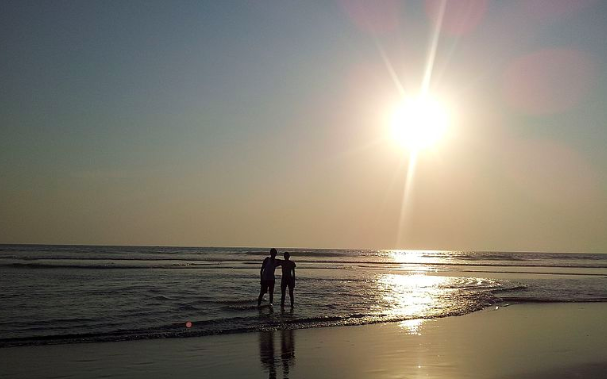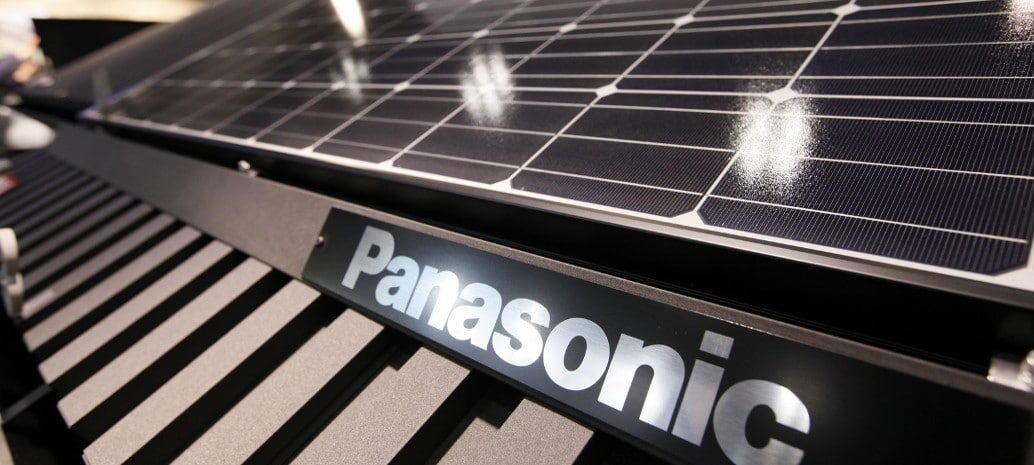The Goa state government agreed on Wednesday to extend its five-year PPA with NTPC Vidyut Vyapar Nigam, which expired in August, by another three years.
The rate for the newly extended three-year contract is INR 5.5 ($0.08)/kWh, from an initial rate of INR 7.99/kWh under the old five-year contract, said Nilesh Cabral, the state’s power minister. The extended contract will cost the state exchequer roughly $2.94 million.
The state government launched a solar tender in March to meet its renewable purchase obligation for 2019-20, but it did not receive any bids. It also failed to generate interest in another tender in June, despite four extensions to the bid submission deadline.
In February, the Goa state government set a PV installation target of 150 MW by 2022, as part of its new solar development policy. Over the next seven years, Goa will provide subsidies to cover half the cost of solar installations, with 30% from the central government and 20% from the state authorities. The purchase price will be calculated as the capital cost set by the Ministry of New and Renewable Energy, or the price arrived at through a Goa Energy Development Agency (GEDA) tender.
Sanjeev Jogalekar, member secretary of GEDA, recently told pv magazine that to achieve its 2022 target, the state government will need to prioritize the development of both rooftop PV arrays and ground-mounted solar systems.
Earlier this month, Cabral said that the state government would offer homeowners the chance to reduce their energy bills without any upfront costs by leasing rooftop space to PV installers, as part of plans to install 15 MW of solar capacity in Goa by March 2020. The minister reportedly said that the state government is now considering the use of private rooftops to host both solar tiles and PV modules under leasing arrangements.
This content is protected by copyright and may not be reused. If you want to cooperate with us and would like to reuse some of our content, please contact: editors@pv-magazine.com.



By submitting this form you agree to pv magazine using your data for the purposes of publishing your comment.
Your personal data will only be disclosed or otherwise transmitted to third parties for the purposes of spam filtering or if this is necessary for technical maintenance of the website. Any other transfer to third parties will not take place unless this is justified on the basis of applicable data protection regulations or if pv magazine is legally obliged to do so.
You may revoke this consent at any time with effect for the future, in which case your personal data will be deleted immediately. Otherwise, your data will be deleted if pv magazine has processed your request or the purpose of data storage is fulfilled.
Further information on data privacy can be found in our Data Protection Policy.